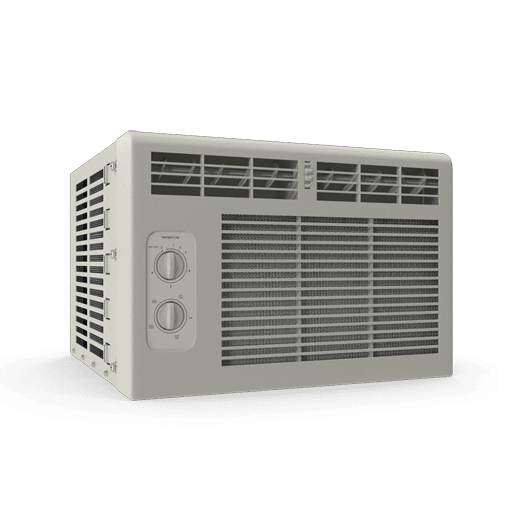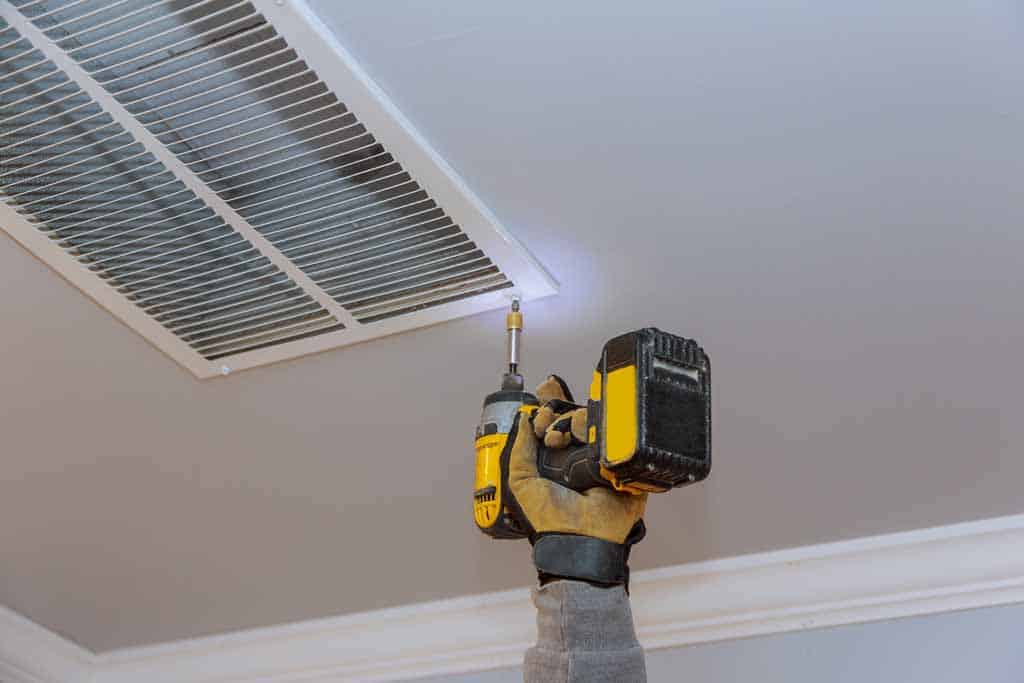It is no secret that the cost of electricity continues to rise. This can be a challenge for businesses and homeowners alike. One way to combat rising energy costs is to install an air conditioner monitoring system. These systems allow you to track your energy use in real time, so you can make changes that will save you money on your utility bills.
Saving on electric bills through an air conditioner monitoring system is a two-fold process. First, you need to find ways to reduce your energy consumption. This can be done by making simple changes, such as turning off lights when you leave a room or setting the thermostat a few degrees higher in the summer.
Second, you must ensure your air conditioner is running efficiently. An air conditioner monitoring system can help you with both of these tasks.
To learn more about how an air conditioner monitoring system can save you money on your electric bills, you need to contact a professional. They will be able to advise you on the best system for your needs and help you get it installed. Once you have an air conditioner monitoring system, you will be well on saving money on your energy bills.
You might also want to consider an air conditioner alarm sensor to keep you cool and comfortable while you save money. These are just a few ways to use an air conditioner monitoring system to your advantage.
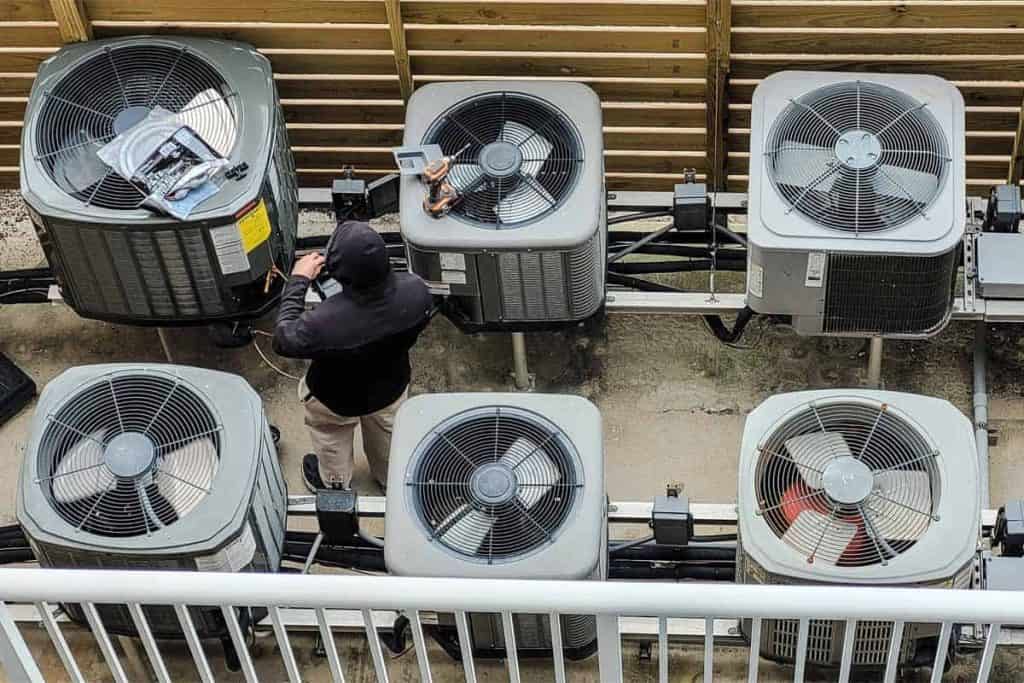
What Is An Air Conditioner Monitoring System?
Have you been in a smart home or office? You may have noticed a small device on the air conditioner unit. This air conditioner monitoring system allows you to control your AC remotely and save energy.
An air conditioner monitoring system consists of two parts: a sensor that attaches to the AC unit and a gateway that connects the sensor to the internet. The sensor monitors the AC unit’s power consumption, temperature, and humidity. The gateway then sends this data to a web-based interface, where you can see how much energy your AC uses, set temperature and humidity thresholds, and even remotely turn the AC off or on.
Its primary purpose is to alert you of any inefficiencies in your AC so you can make changes to save energy. For example, if the sensor notices that the AC is running for longer than necessary to maintain the set temperature, it will send you an alert. You can then adjust the settings or even turn the AC off until it’s needed again.
Why Would I Want An Air Conditioner Monitoring System?
There are several reasons why you might want an air conditioner monitoring system.
- First, it can help you save money on your energy bills. By monitoring your AC’s power consumption, you can ensure that it is running efficiently and not wasting energy.
- Second, an air conditioner monitoring system can help you keep your home or office comfortable by allowing you to set temperature and humidity thresholds.
- Finally, an air conditioner monitoring system allows you to turn your AC off or remotely, which can be helpful if you forget to turn it off before leaving for vacation.
How Do I Choose An Air Conditioner Monitoring System?
There are a few things to consider when choosing an air conditioner monitoring system.
Wired or Wireless
Most air conditioner monitoring systems are wireless, but some require a wired connection. Consider whether you want a system that is easy to install or one that can be hidden from view.
Web-based or App-based
Some air conditioner monitoring systems only work with a web browser, while others come with an app you can use on your smartphone or tablet. Consider which interface you prefer and whether you want to be able to control your AC from anywhere in the world.
Compatibility
Ensure that your air conditioner monitoring system is compatible with your AC unit. Otherwise, it will be unable to monitor power consumption, temperature, and humidity properly.
Price
Air conditioner monitoring systems range in price from around $100 to $300. Consider your budget and whether you want features like remote control or automatic alerts.
Want To Save More On Your Electricity Bills?
Is Your HVAC System Not Cooling Your Home Enough?
What Are The Benefits Of An Air Conditioner Monitoring System?
People who have chosen to install an AC monitoring system can reap the fruit of their investment in many ways. Here are some benefits:
- You can see how much energy your AC uses and make changes to save money on your energy bills.
- An air conditioner monitoring system can help you keep your home or office comfortable by allowing you to set temperature and humidity thresholds.
- An air conditioner monitoring system allows you to turn your AC off or remotely, which can be helpful if you forget to turn it off before leaving for vacation.
- You may find that an air conditioner monitoring system pays for itself in just a year or two through the money saved on your energy bills.
Installing an air conditioner monitoring system is an intelligent way to save money and energy. It’s also a great way to keep your home or office comfortable all year round. So if you’re looking for a way to reduce your energy bills, an air conditioner monitoring system is the way to go.
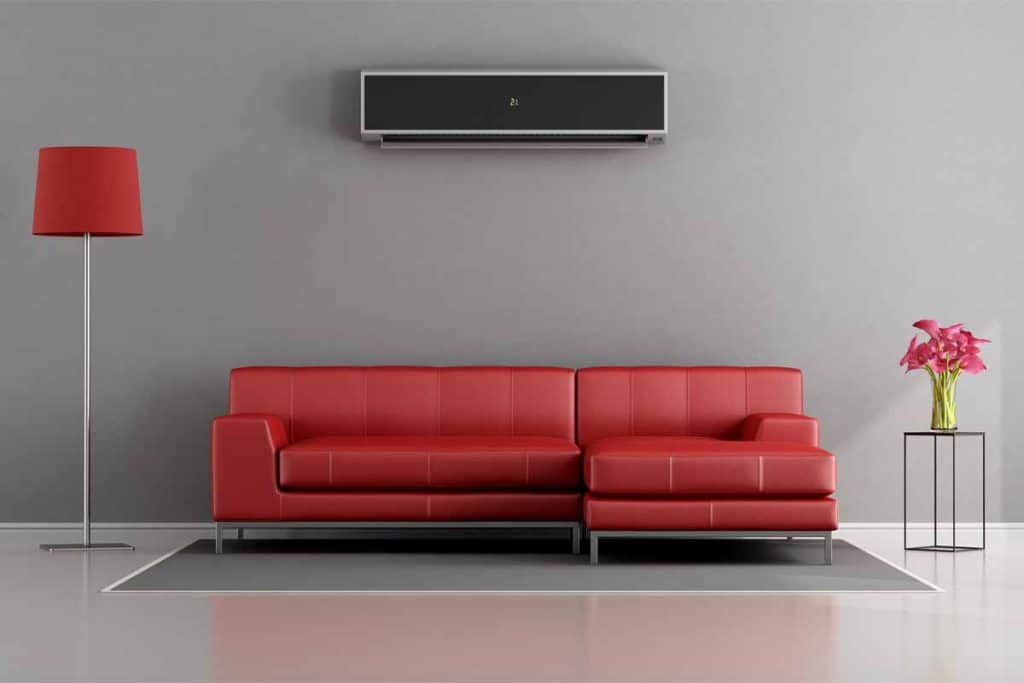
How Does An Air Conditioner Monitoring System Work?
The process is simple. You install a small device on your air conditioner unit that sends data to the cloud-based software. The software then uses that data to make recommendations on how you can improve the efficiency of your unit and ultimately save money on your energy bills.
There are a few different air conditioner monitoring systems, but they all work similarly. Some systems are designed for specific brands or models of air conditioners, while others can be used with any unit.
The most important thing to look for in an air conditioner monitoring system is the ease of use. The last thing you want is something that will take a lot of time and effort to install and maintain.
Once you have an AC monitoring system, you’ll see precisely how much energy your unit uses. This information can be used to make changes that will improve the efficiency of your unit and save you money on your energy bills.
If you’re unsure where to start, there are a few different ways to find an air conditioner monitoring system that’s right for you. You can check with your local utility company or search online for a reputable provider.
How Can You Monitor Your Air Conditioner Usage?
Most HVAC systems work double time during the summer. This is when the temperature outside is high, and you want to keep your home cool and comfortable. If you have an AC monitoring system, you can see how much power your unit consumes and make necessary changes to save on your energy bill.
To get started, find out what type of system you have. A central air conditioner has ductwork that carries cooled air throughout the house. A window or portable air conditioner doesn’t have ducts and blows cool air into one room.
If you’re not sure which type of system you have, look for a metal box (about two feet square) somewhere near the outdoor compressor unit. The box contains the electrical controls for the system. It’s usually located on a concrete pad near the outdoor unit.
If you have a central air conditioner, look for the thermostat inside your home. It might be on a wall near the front door or in another room, such as the living or family room. If you don’t see it there, keep looking; it might be in a closet or hallway.
Turn the power to the air conditioner at the circuit breaker or fuse box. Set the thermostat to cool and set it lower than the current temperature inside your home. Watch your energy use on the AC monitoring system as the temperature inside drops.
You can make changes to save energy without sacrificing comfort by:
- Reducing the temperature setting on your thermostat
- Closing vents in rooms that don’t need cooling
- Adding insulation to your ductwork
- Sealing leaks in your ductwork
- Keeping the area around your outdoor unit clear of debris and vegetation
Following these tips, you can save money on your energy bill and keep your home comfortable all summer.
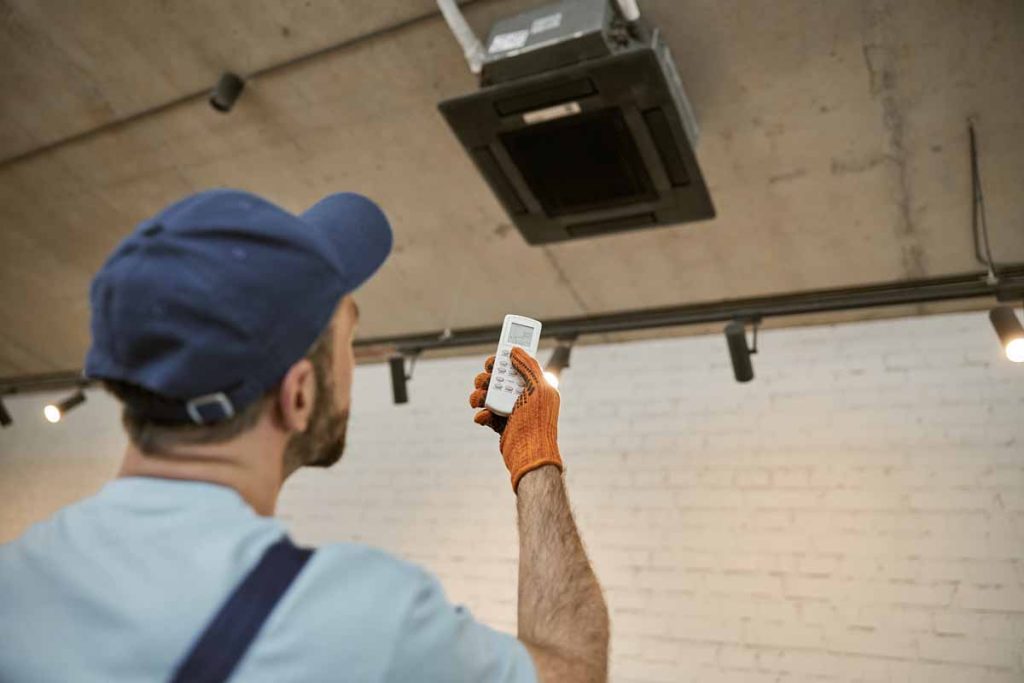
What Are The Different Types Of Air Conditioning Systems?
According to studies, there are about five different types of air conditioning systems:
Evaporative air conditioners – These types of ACs work best in dry climates. It uses the process of evaporation to cool down the air inside your home.
Condensing air conditioners – This type is commonly seen in homes. It uses a refrigerant to cool the air and then releases the hot air outside.
Absorption air conditioners – This system uses heat instead of electricity to power the unit. Because of this, it is more expensive to operate than other ACs.
Compressor-type air conditioners – This is the most common type in many households. The compressor compresses the refrigerant, which then turns into a high-pressure gas. This gas is then released into the condenser, turning it back into a liquid and cools down the air.
Thermal storage air conditioners – This AC can store cool air for some time. This is helpful if you live in an area with hot summers and cold winters. The stored cool air can be used to cool your home during the summer months.
Monitoring your air conditioner usage doesn’t have to be complicated. By knowing which type of system you have and making some simple changes, you can save money on your energy bill while still keeping your home comfortable all summer long. AC monitoring systems are available online or at your local hardware store.
What’s The Difference Between AC and PAC?
You may encounter several terms when it comes to cooling your homes, such as air conditioner (AC), ductless mini-split air conditioner (DMAC), and portable air conditioner (PAC). So, what’s the difference?
An AC is a cooling system that uses refrigerant to remove heat from the air inside your home. The refrigerant is then circulated back into the unit, cooled and circulated again. ACs are available in both central and window units.
A DMAC consists of an indoor unit that blows cool air into your home and an outdoor unit with a compressor and condenser. DMACs are an excellent option if you don’t have room for a window unit or want to avoid ductwork altogether.
A PAC, on the other hand, is a portable cooling system that can be moved from one room to another. PACs are an excellent option if you want to cool a specific area of your home or if you don’t want to install a permanent cooling system.
No matter which type of air conditioner you choose, monitoring your usage with an AC monitoring system can help you save money on your energy bill. Be sure to follow the tips above to maximize your savings.
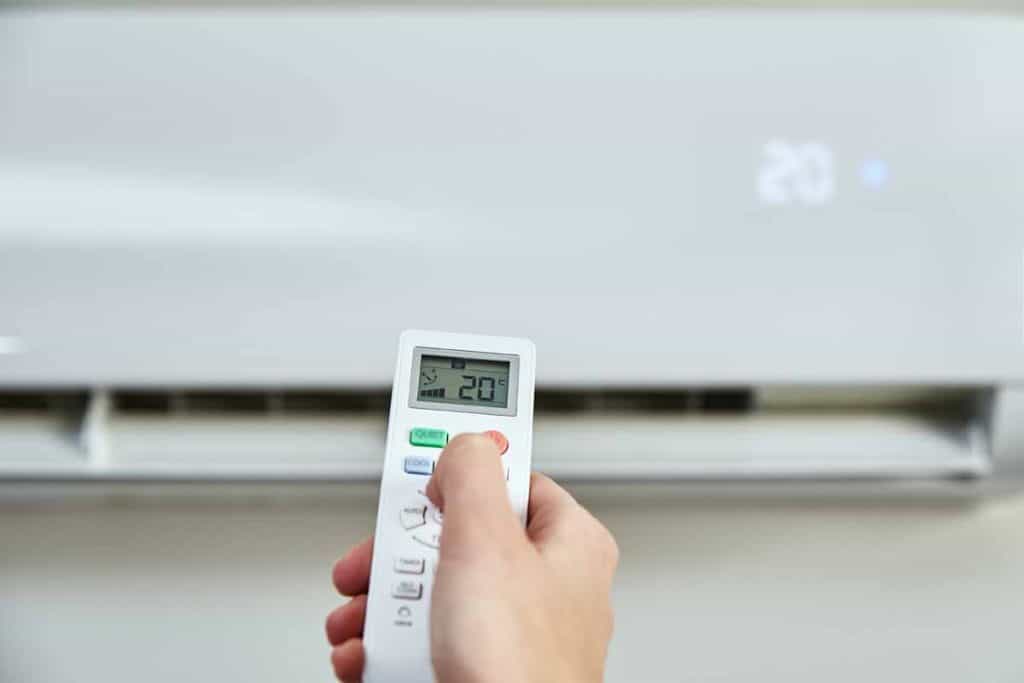
Which Cooling System Is Right For You?
Every HVAC system is unique, so there’s no one-size-fits-all answer to this question. The type of cooling system right for you will depend on several factors, such as the climate in your area, the size of your home or office, and your budget.
If you live in a dry climate, an evaporative air conditioner may be your best option. A condensing air conditioner will work best if you live in a humid climate. And if you’re looking for an energy-efficient option, consider an absorption air conditioner.
It’s also different if you need a cooling system for a large building or a factory. For instance, a thermal storage air conditioner can cool an ample space for an extended period. But a compressor-type air conditioner will do the job if you need a cooling system for a smaller space, like an office or a bedroom.
No matter what type of cooling system you choose, monitoring your usage with an AC monitoring system can help you save money on your energy bill. Be sure to follow the tips above to maximize your savings.
Although AC monitoring systems are designed to help you save money, they are not a cure-all for high energy bills. If your air conditioner is over ten years old, it may be time to consider replacing it with a newer, more efficient model. Newer ACs use less energy and can help you save money on your energy bill in the long run.
Contact your local HVAC contractor today if you have any questions about AC monitoring systems or which type of cooling system is right for you. They will be able to help you find the best solution for your cooling needs.
Cutting your expenses to save a little money each month is a great way to start living more sustainably. And with an AC monitoring system, it’s easy to do just that. Not only will you be able to save money on your energy bill, but you’ll also be doing your part to help the environment.
Final Words
Keep in mind that several factors can affect your energy consumption. Many things can affect how much energy your AC uses, from the type of air conditioner you have to the climate in your area. But with an AC monitoring system, you can be sure you’re doing everything possible to save money on your energy bill.


